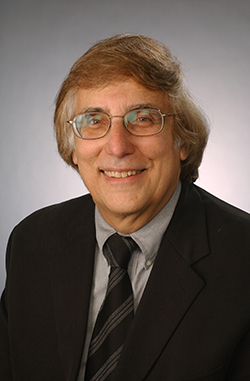Class of ’25 College of Law Graduate to Be Inducted Into the U.S. Olympic Hall Of Fame
A runner for most of her life, Marla Runyan L’25 crossed yet another finish line when she walked the stage in May to accept her diploma from the College of Law. While this was quite an achievement, she is no…


